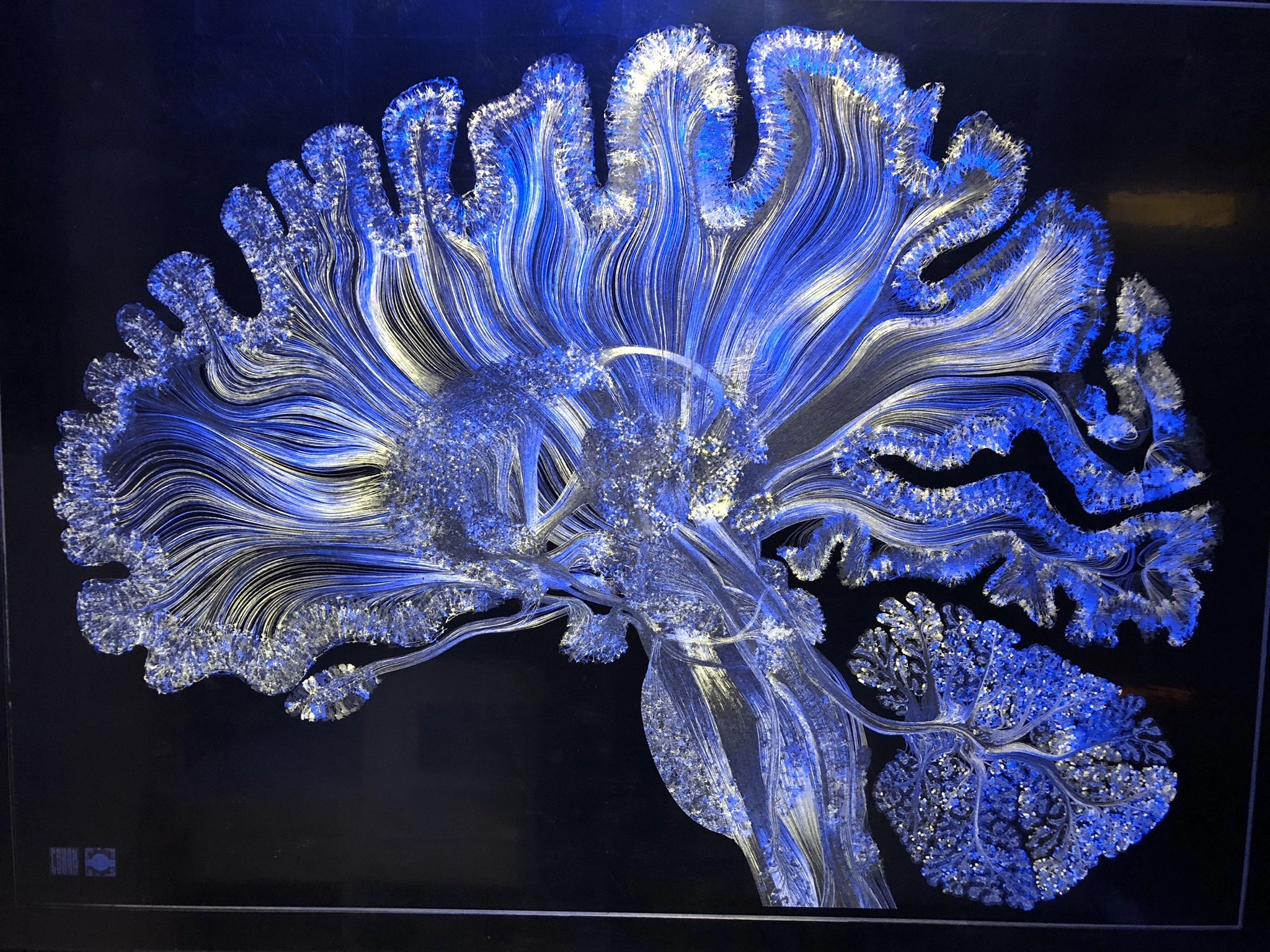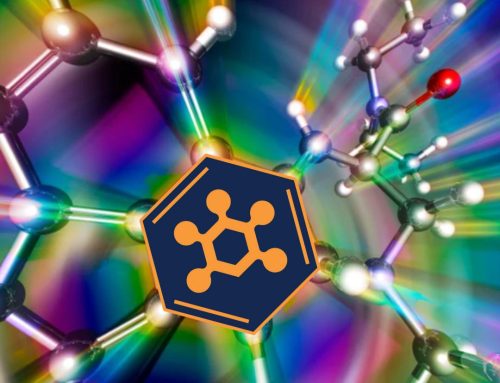Beckley Psytech Launches Study on Neurophysiological Effects of Synthetic 5-MeO-DMT
LOS ANGELES- Beckley Psytech, a private psychedelics medicine company, announced on Monday the commencement of a new research study investigating the neurophysiological effects of BPL-003, its novel synthetic intranasal formulation of 5-MeO-DMT, on the human brain. The study, funded by Beckley Psytech, is being conducted at Imperial College London.
The study’s initiation follows a recent update from the company regarding its ongoing Phase IIa study of BPL-003 in patients with treatment-resistant depression.
Dr. Rob Conley, chief scientific and medical officer at Beckley Psytech, expressed pride in supporting the research at Imperial College London. He noted that literature suggests a link between the intensity of psychedelic experiences and positive treatment effects, and the company aims to explore this further to inform its clinical studies on BPL-003 for treatment-resistant depression and alcohol use disorder.
The research will involve up to 20 healthy volunteers who will receive both a placebo and a 12mg dose of BPL-003 in separate visits over a one-month period. Participants will undergo high-density electroencephalogram (HD-EEG) scans to measure brain activity.
Led by Ph.D. student Tommaso Barba and overseen by Dr. Christopher Timmermann and Dr. David Erritzoe, the study aims to uncover novel insights into the effects of intranasal 5-MeO-DMT on brain activity and the mechanisms underlying ‘mystical experiences’ and ego dissolution events. Initial results are expected in 2026.
Dr. Timmermann, head of the DMT Research Group at Imperial College London, highlighted the significance of the study as the first to assess the effects of 5-MeO-DMT on the human brain, which may provide advancements in understanding consciousness and the relationship between experience, the sense of self, and brain function.
Barba emphasized the excitement of beginning the dosing phase, noting the potency of 5-MeO-DMT and the potential for the research to deliver substantial advancements in comprehending these compounds and their effects on the brain.



































